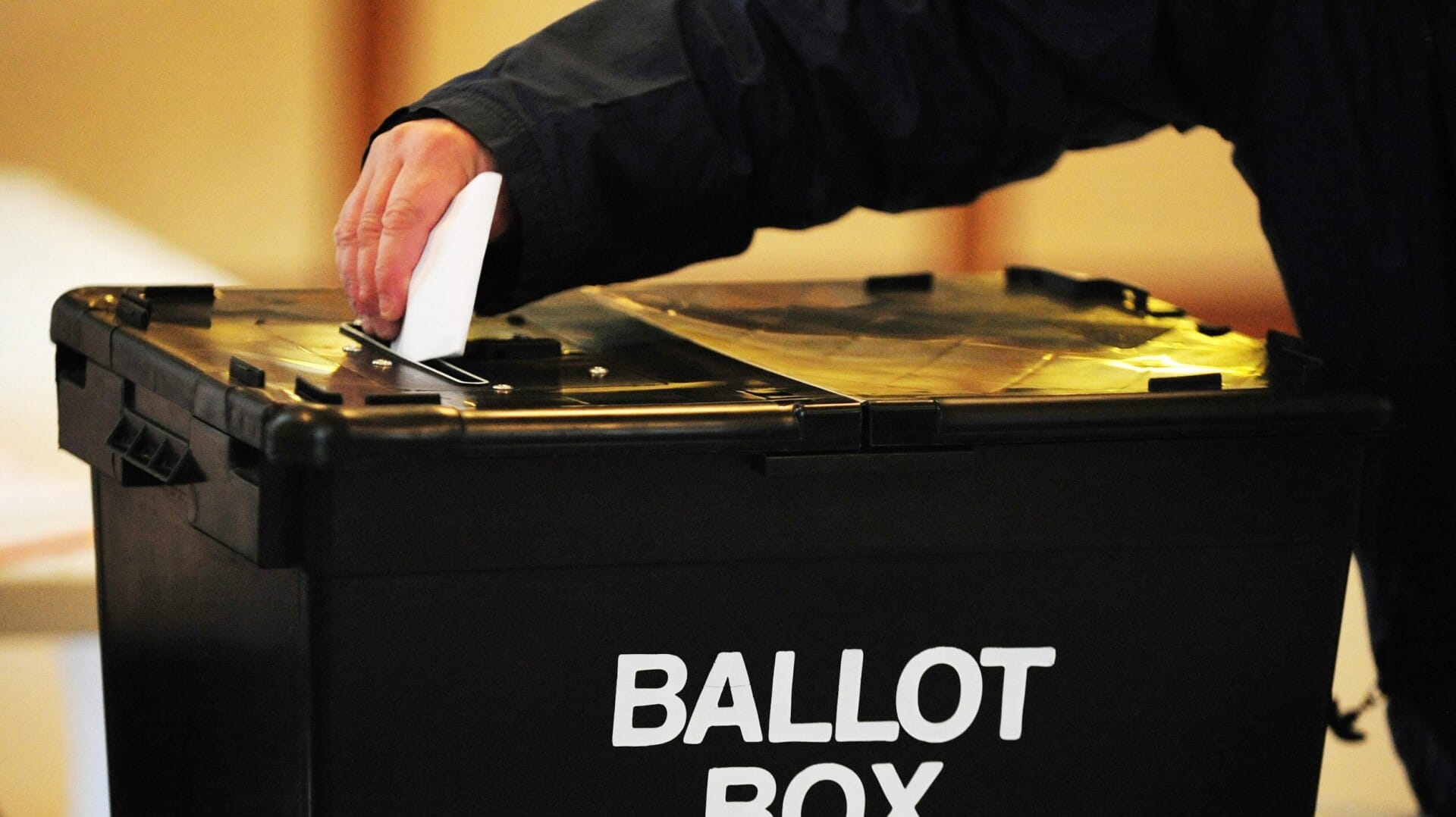
Why UK general elections are always held on Thursdays
What's the story
United Kingdom voters are gearing up for the first general election since 2019, after Prime Minister Rishi Sunak announced a surprise election in May.
He announced that the election would be held on July 4, a Thursday, which is in line with the long practice of holding elections on Thursday since 1935.
But why on Thursdays? One might ask. Here, we try to understand the reasons behind it:
Historical perspective
The historical tradition of Thursday voting in the UK
There is no definitive reason for holding elections on Thursdays, but there sure are theories.
One theory suggests that voting on Thursdays ensures minimal disruption when a government changes, as ballots can be counted overnight and results known by Friday.
A newly elected leader can then settle down in Downing Street over the next two days, ready to brief civil servants by Monday morning.
Another theory suggests that Thursdays were traditionally market days, making it convenient for people to vote.
Theories
Thursday least likely to be influenced
An archaic wild theory also suggests that on Fridays, voters were paid their wages, and if they went for a drink in a public house, they would be pressured by Conservative brewing interests, whereas on Sundays, they would be influenced by liberal Free Church ministers.
Hence, voters choose the day that is least likely to be influenced by publicans or Free Church ministers, which is Thursday.
Election timeline
Evolution of election days in UK history
Historically, elections in the UK took place over a four-week period until 1918, and election days ranged from Saturdays to Thursdays and Wednesdays until 1931.
Of the 19 general elections since 1945, six were held in May, five in June, four in October, two in February, and one each in March, April, July, and December.
By-elections have also largely been held on Thursdays since 1965, with two exceptions due to the World Cup kick-off and an administrative oversight.
Landmark elections
Notable Thursday votes in UK election history
Notable Thursday votes include Labour's landslide victory in 1997, when they secured 418 seats, the highest ever for a single party.
The record for the most number of votes cast for a winning party at a general election is 14.9 million, which were cast for the Conservatives in 1992.
Currently, Conservatives hold 344 seats, while Labour has 205 seats.